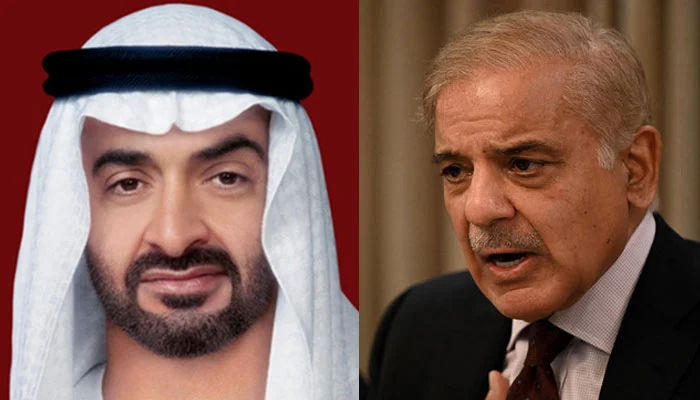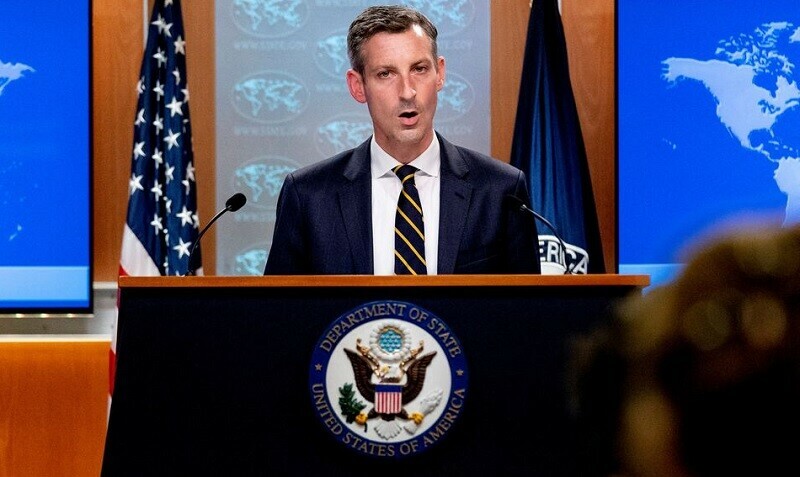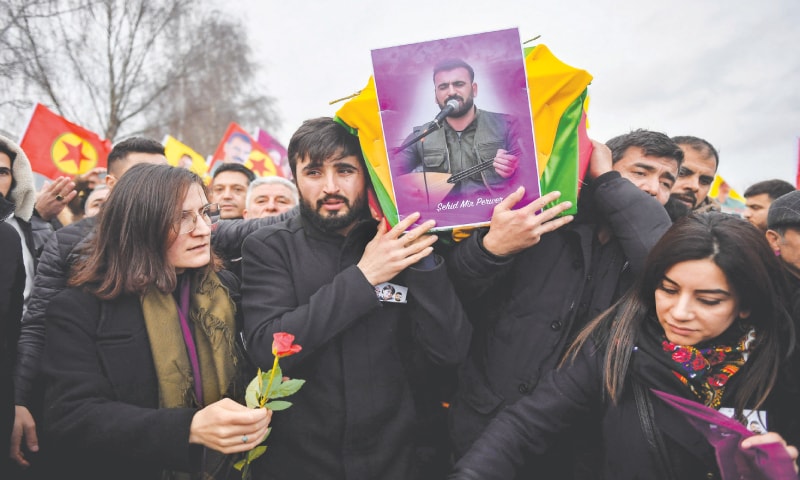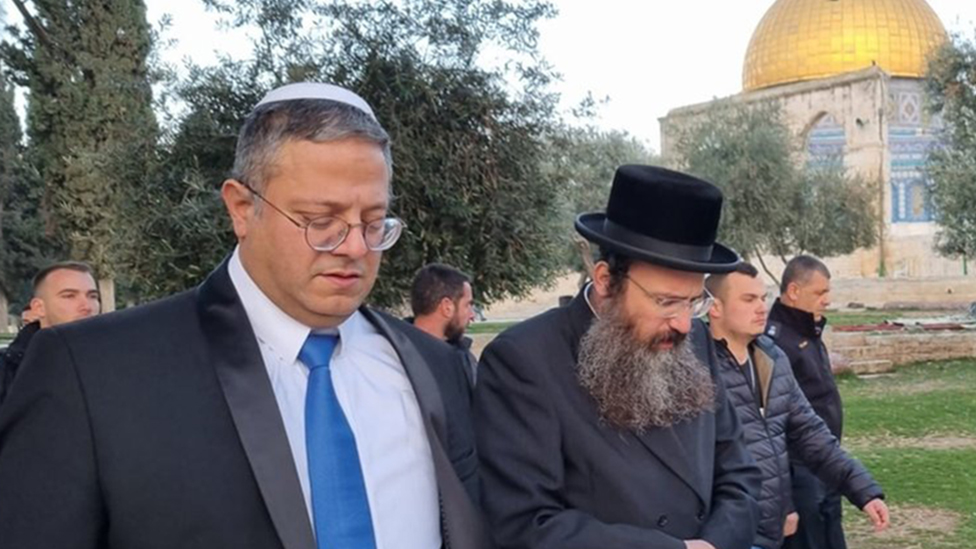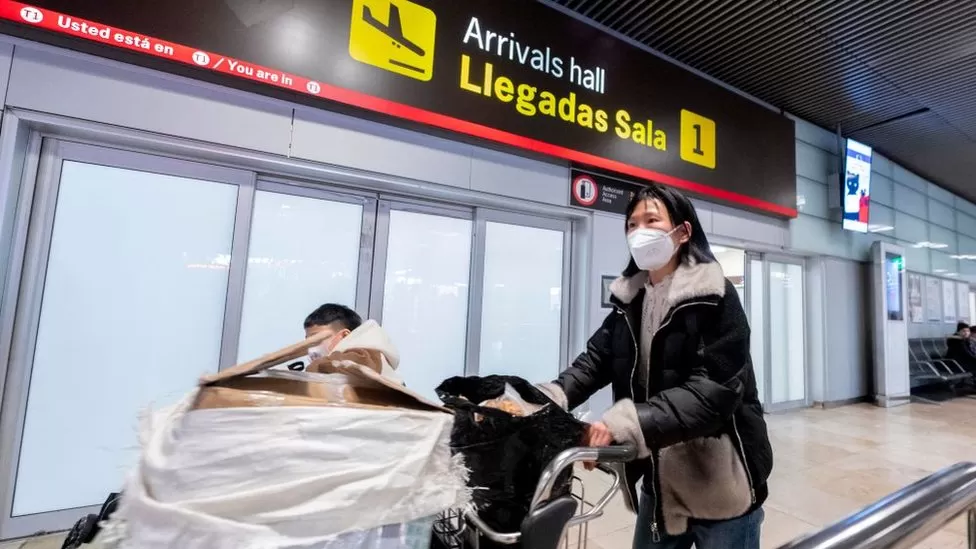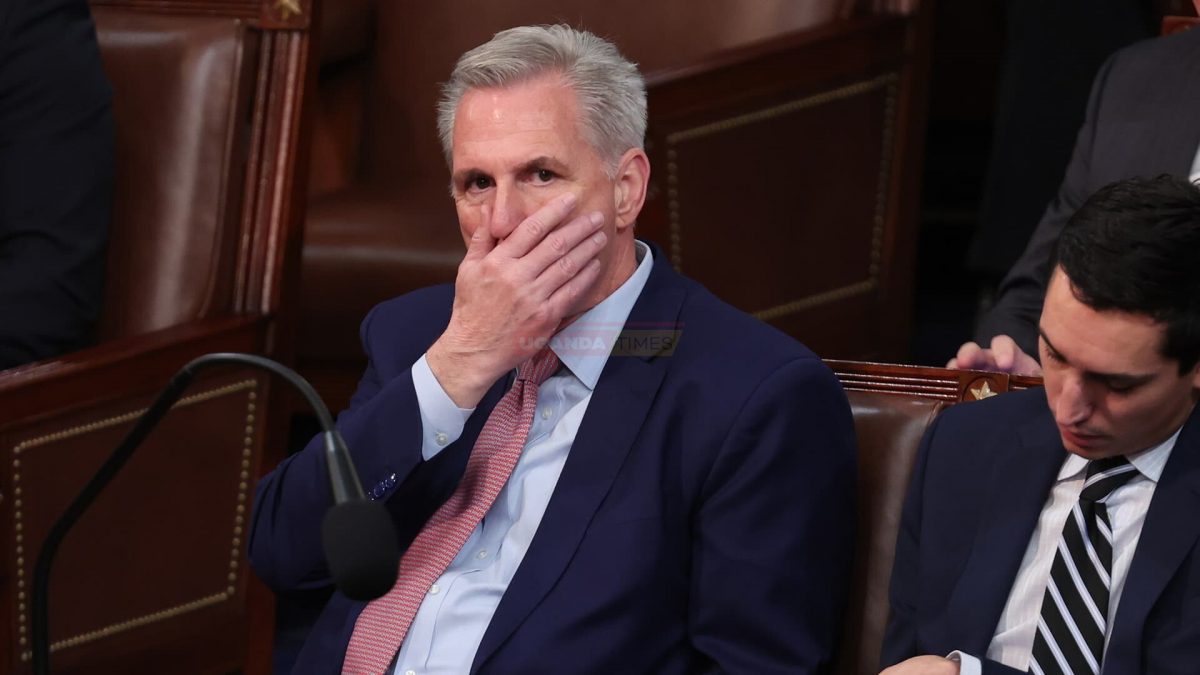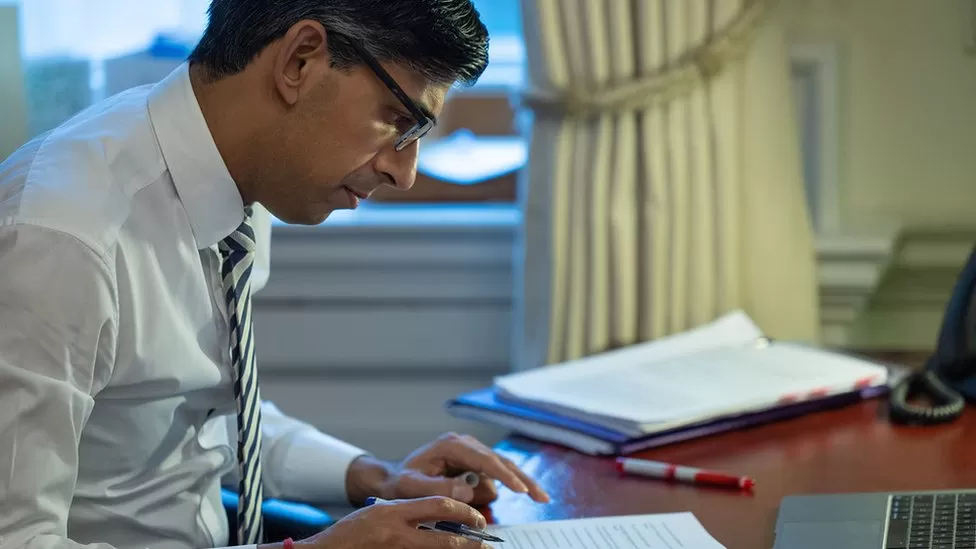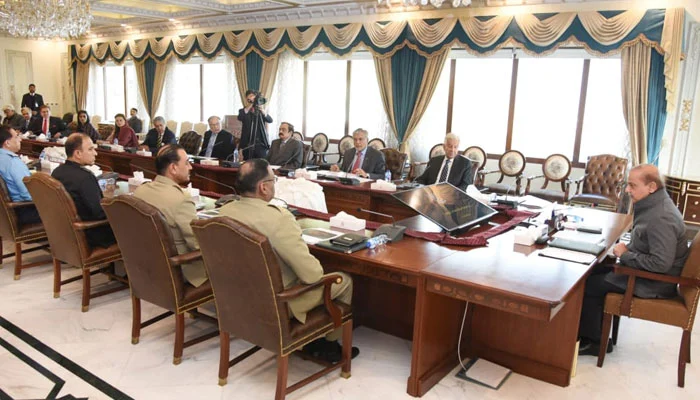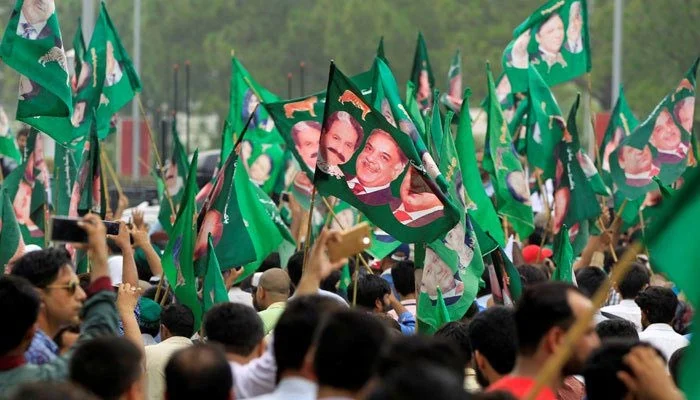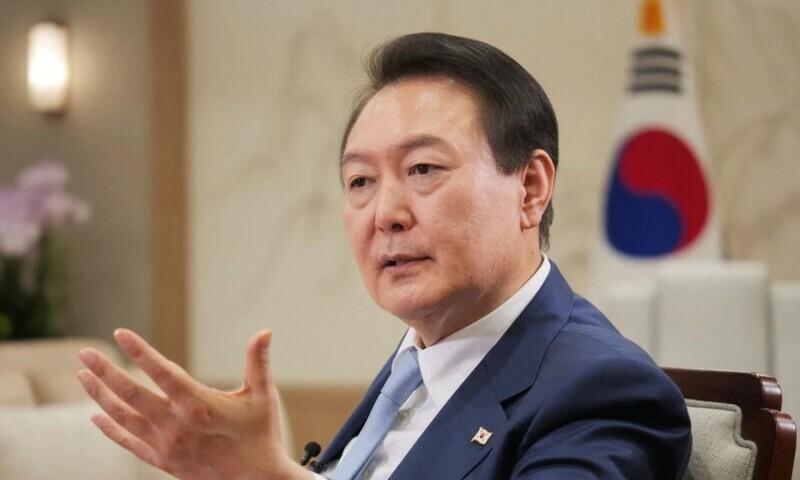Prime Minister Shehbaz Sharif and United Arab Emirates (UAE) President Sheikh Mohamed bin Zayed Al Nahyan on Tuesday reaffirmed their resolve to further expand and diversify bilateral relations between Islamabad and Abu Dhabi.
The development came during a telephonic conversation between the two leaders today.
According to a statement issued by the PM Office, the premier thanked the UAE president for the financial and material support to Pakistan after the recent devastation caused by climate-induced floods in the country.
PM Shehbaz briefed him on the upcoming ‘International Conference on Resilient Pakistan’, scheduled to be held in Geneva on January 9 and solicited his support for high-level participation from the UAE.
President Sheikh Mohamed expressed UAE’s whole-hearted support for the initiatives to strengthen Pakistan’s climate resilience which is the main agenda of the conference.
The prime minister also extended an invitation to the UAE president for a visit to Pakistan.
“Pakistan and the UAE enjoy close fraternal ties for five decades that are rooted firmly in common belief and shared values and culture. The UAE is Pakistan’s largest trading partner in the Middle East and a major source of investments,” read the statement.
Pakistan, UAE agree to enter into GtG deal
In a major development, Pakistan and the UAE decided to enter into a GtG long-term agreement for the import of petrol, jet fuel and crude oil to ensure sustainable availability of petroleum products in the country.
Pakistan would import 1.5 million tons of Motor Spirit (Mogas) i.e. 30 cargoes in one year under a 5-year deal, which means that PSO would import two and a half to three cargoes a month.
To this effect, on behalf of Pakistan, the public state-owned company, Pakistan State Oil (PSO) and on behalf of the UAE, ADNOC (Abu Dhabi National Oil Company) will sign a business pact on a GtG basis, and the import of petrol from the UAE’s ADNOC is most likely to begin from January 2023 under the GtG deal.
“This has been decided in recent talks held in Abu Dhabi wherein Pakistan’s delegation was headed by Musadik Masood Malik, Minister of State, comprising the secretary of petroleum, secretary of the Board of Investment, MD PSO, MD PARCO and other officials of the Petroleum Division,” a senior official who was also a part of the talks told The News.


